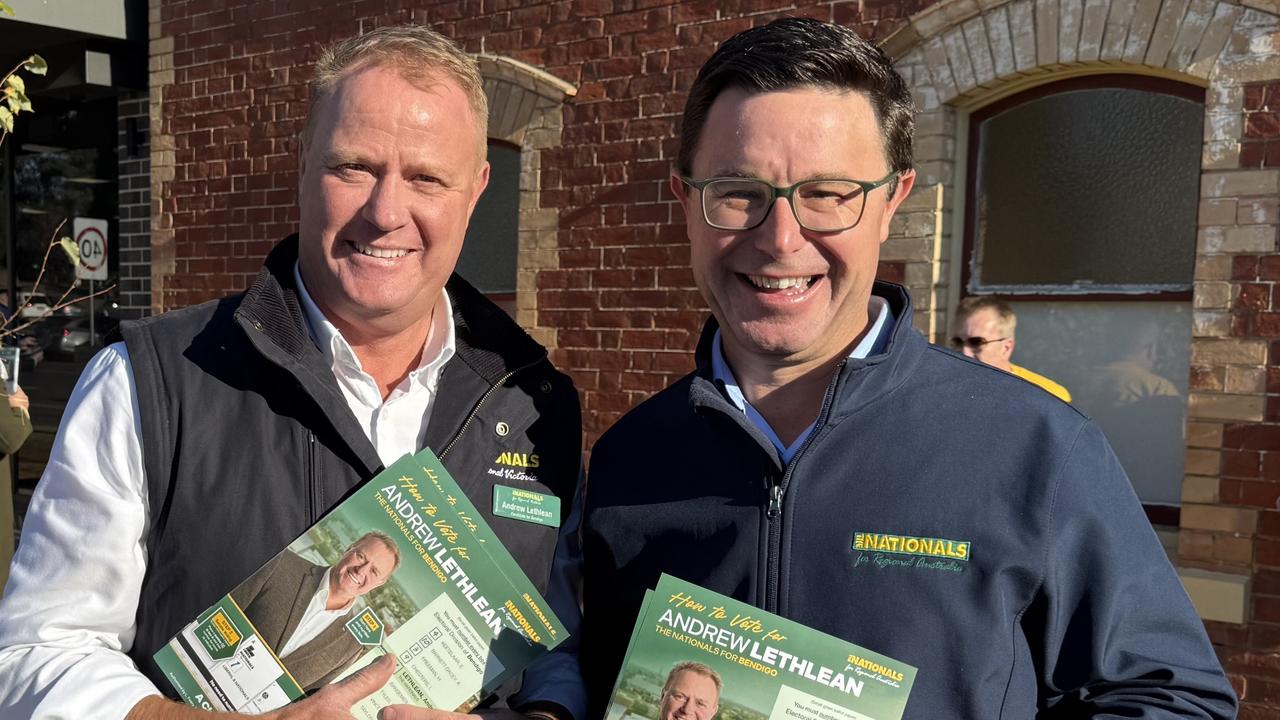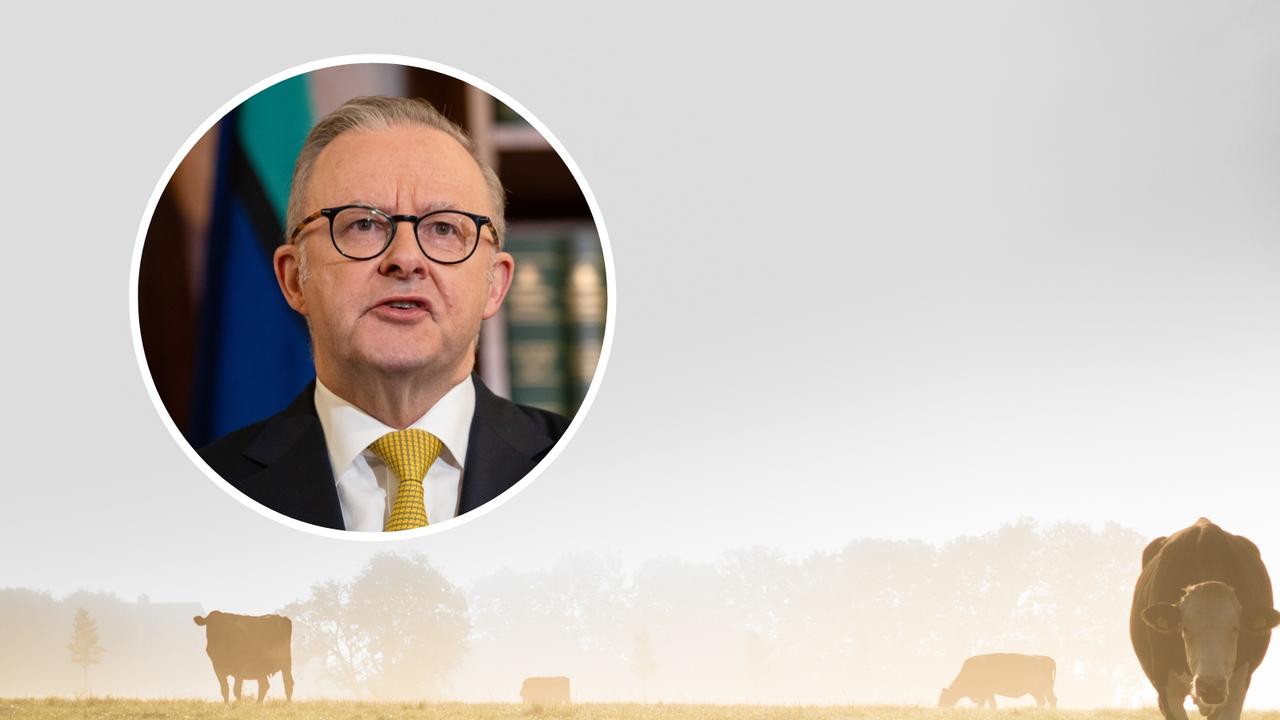Bush Legends: From bull catching to bush poetry, Sandy’s done it all
As a teenage runaway, Sandy Thorne wound up working on remote stations in the 1960s. Now, she’s spinning another yarn about it.
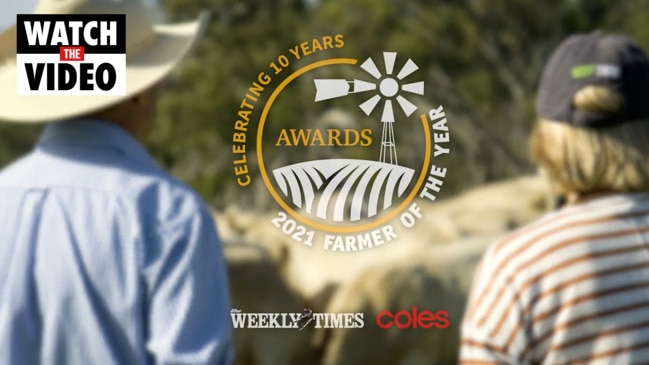
Sandy Thorne has always answered the call of the outback.
So much so that in the mid 1960s, at just 14 years old, the future bush poet and author ran away from home, lied about her age, and wound up working as a jillaroo and bull catcher on a cattle station in remote Queensland.
It was an auspicious start for the young runaway, who would go on to spend the greater part of three decades writing books and celebrating Australia’s bush culture through her bush poetry performances.
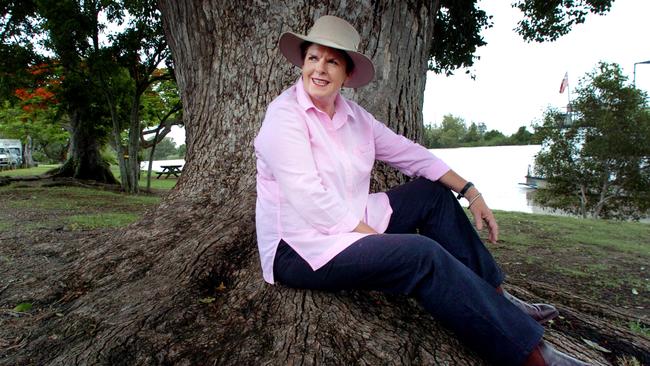
She is the author of Bonzer and Old-Timers: Magnificent Stories from Mighty Australians, and has spent the past 30 years performing at festivals, concerts and conferences since launching her first book in 1980.
But from her home on a sheep station near Lightning Ridge, NSW, Sandy says her formative years spent on remote cattle stations were the catalyst for a life devoted to the craft of bush poetry and storytelling.
A BIT OF LIP
Growing up “within cooee of Brisbane”, Sandy always felt the pull of bush life, and made her mind up to escape to the outback as soon as she could.
Her desire to work out in the bush resulted in her running away from home at the age of 14.
She lied about her age, saying she was 16, and wound up working on a cattle station on a station in remote Queensland.
“I was just so lucky to be out there in that era, in the late 1960s,” Sandy said.
“I was breaking in horses, and doing that sort of thing, but to get into the mustering camp back then was unheard of for females. I had to go across to Cape York, and there was a very switched-on station manager who was prepared to give me a go, after a lot of creative nagging.”
As an energetic teenager with a hunger to learn, Sandy said she was one of the first females to work mustering cattle in Cape York.
“I learned well, and I could ride as well as they could and work them as hard as they could. Then I was accepted as one of the blokes, even though I can’t function as a human being without lipstick,” Sandy said.
“And I continually put lipstick on without a mirror. I always had one in my pocket and will keep in my saddlebag.”
It was a skill she honed over time, as equally important as mustering stock on horseback and catching bulls.
“You have to establish the line, which is to say you almost have to be a tightrope walker being one of the blokes, but not losing your femininity,” Sandy said.
Her trademark laugh and broad, self-deprecating sense of humour is one of the traits of which she is most proud.
“One thing is that over the many years, I’ve made a lot of people laugh. The other thing I’m proud of is a lot of country women have come up to me and said how their husband or son was not interested in books, had never picked up a book, until they took my book home,” Sandy said.
“And I picked that up from my dad and my granddad, who were bush blokes and used to tell yarns and recite bush poetry.
“It’s nice to think that it’s really taken off now.”
FINDING HER VOICE
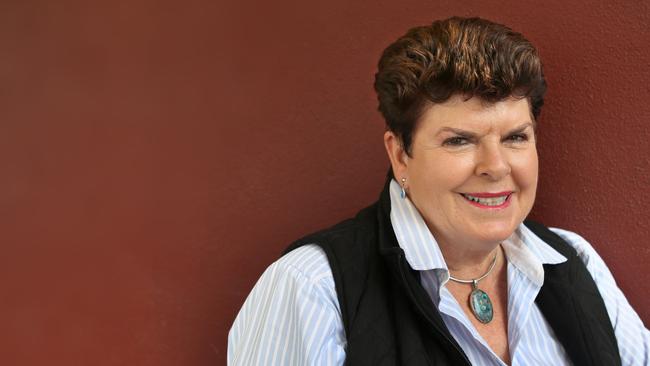
A career as a bush poet and an advocate for Australiana was born on those remote cattle stations, Sandy said, on countless evenings spent sitting around the fire.
“Television just changed the world, and before that, we used to sit around telling stories. So I’m very proud that I’ve been able to help revive the art of spinning bush yarns, and reciting bush poetry for entertainment, because that was the entertainment when working out in the mustering camp,” Sandy said.
Having lived “a life of extremes”, in typical Sandy fashion, her foray into performing bush poetry came from an unexpected turn of events.
At a party in Cairns, after a day spent catching bulls and running brumbies in far north Queensland, Sandy was letting loose and singing her heart out.
“This chap from Sydney was at this party and he said, ‘you know, you should get that voice trained. You should go down and audition at the conservatory (the Sydney Conservatory of Music)’. So I went down and auditioned,” Sandy said.
“And I was accepted.”
Spending a year at the conservatory in 1971, Sandy trained with the idea of becoming an opera singer, her first foray into performance.
Life yet again took her on a different path.
“Towards the end of that first year, I met my first husband and he spirited me away from the career of being an opera singer to the wilds of Lightning Ridge, where he had a property,” Sandy said.
“He had a sheep property. I had only ever worked with cattle. Oh God, I was shocked that I was working with sheep.
“So ended aspirations of my opera career.”
Sandy’s first husband, Stephen, who owned the property next to where she lives now, was unfortunately killed in an accident.
“Stupidly I married again,” Sandy says.
“He still lives on our cattle property north of Bundaberg … I am down (at Lightning Ridge) because I can’t get enough distance between us!”
FACT AND FICTION
Sandy’s fifth book – and her first novel – has just been released.
According to Sandy, it’s a story she couldn’t have written without having spent years living and working on the land.
Her first book, I’ve Met Some Bloody Wags, was published in 1980, “and it was obviously about all the wild and crazy characters that I’ve met and worked with,” Sandy said.
Her writing career has seen her interviewed by the greats, including Michael Parkinson, Larry King and David Letterman, who was shocked when Sandy bit the top off a bottle of beer on his show.
“I launched (my first book) on the Midday Show by biting the top off a stubbie for Mike Walsh,” Sandy said.
After countless television appearances Sandy made her first foray into reciting bush poetry.
Her latest book, My Mate Gidgee: An Outback Story of Hard Yakka and Humour, explores the challenges and joys of working in the stockyards and shearing sheds of NSW’s Western Division, following the tale of Indigenous shearer Gidgee and his stockman mate, Tom.
Sandy said writing the novel was a “big challenge”.
“To write a novel about people I hadn’t actually met … but it’s a story of a very long friendship, out in the Western Division where life is very hard, and they keep each other going through humour,” Sandy said.
When Sandy reflects back on a life spent working shoulder-to-shoulder with some of Australia’s toughest stockmen, she takes stock of the ways in which farming and bush life has changed.
“Like changing from mainly using horses, because of the cost of employing staff. Most people have changed over to the motorbikes, which I am very unhappy about because I’m a horse person,” Sandy said.
“And all the other technology, right up from motorbikes to side-by-side buggies and drones, all this incredible machinery farmers use. Now, it’s just beyond belief. And the telephone system … we whinge about Telstra, but we used to have no mobile reception here. While it’s still not fantastic, it’s a big improvement.
“Those changes are radical, but the people basically stay the same.”




